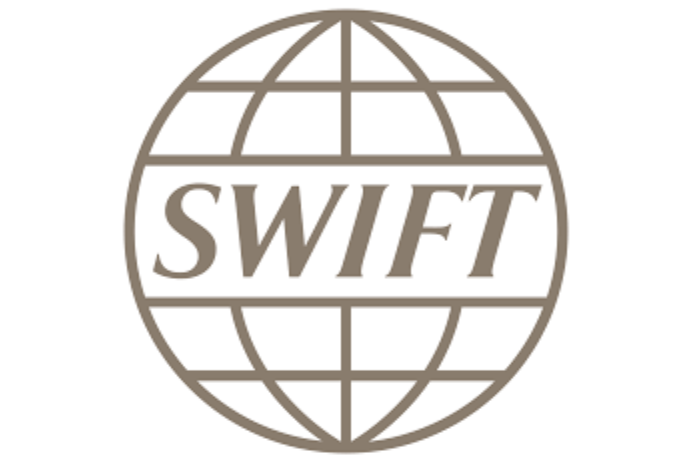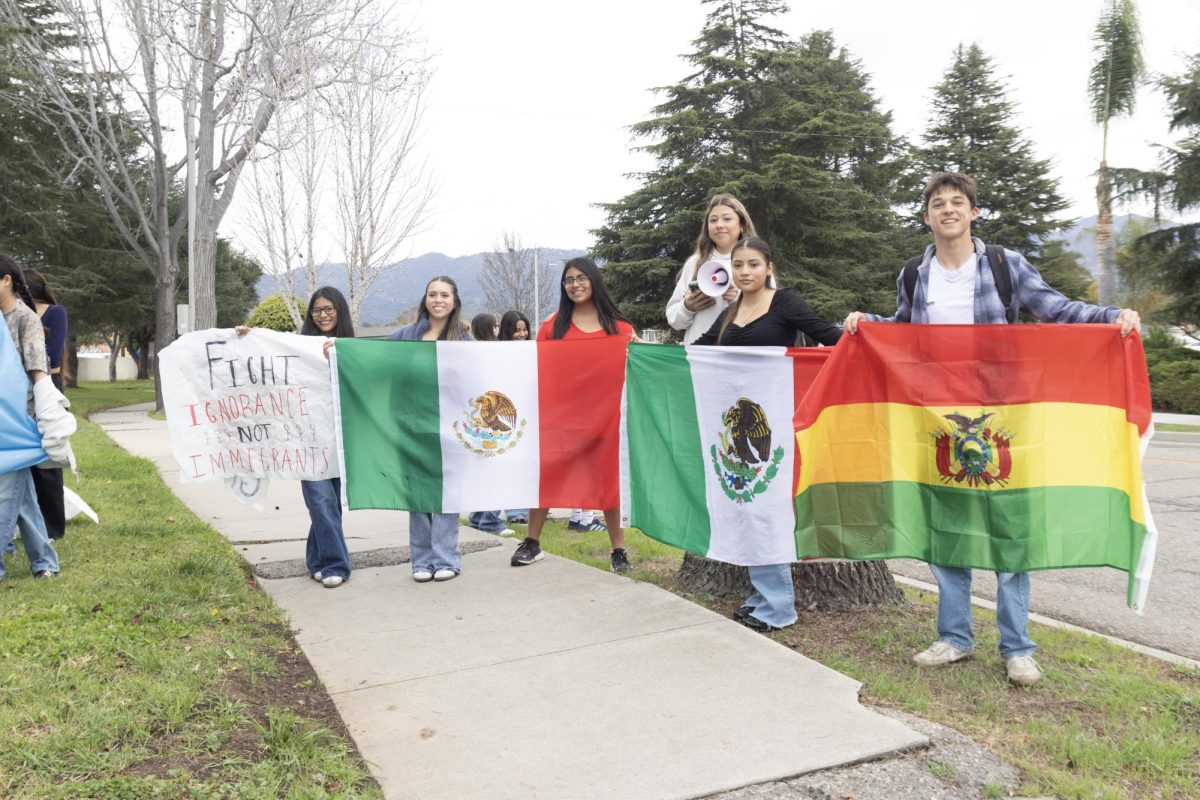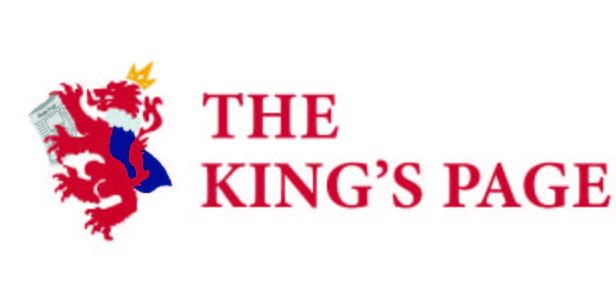Between the ongoing conflict in Ukraine following the Russian invasion, NATO and other countries apart of the EU are trying to find ways to help Ukraine without sending troops. Some by sending weapons and other supplies, but as voted on February 26th, SWIFT ban and Russian asset freeze are on the table. This was initially opposed by Italy, Germany, and Hungary but dropped their original stance, allowing it to go forward. This is a decisive move in fighting against Russia, leading to a sizable economic crash.
SWIFT stands for “The Society for Worldwide Interbank Financial Telecommunication” and is an international banking system discovered in Belgium that facilitates transactions between more than 11,000 banks and financial institutions across the globe. It allows banks to send each other instructions on how to transfer funds across borders. With no globally accepted alternative, it is essential plumbing for global finance.
This is not the first time SWIFT ended ties with specific countries. Unplugged Iranian banks in 2012 after the EU sanctioned them over its nuclear program. Iran lost almost half of its oil export revenue and 30% of foreign trade following discontent. It would not be unlikely for such matters to not appear in Russia now.
Later on Feb. 26, the United States, the European Commission, the United Kingdom, and Canada announced a commitment to ensure that selected Russian banks are removed from the SWIFT messaging system or have their access restricted to permitted transactions. On March 2, the European Union detailed that seven Russian banks would be excluded from the SWIFT messaging system in an action that would take effect March 12 and was coordinated with its international partners, including the U.S. and the United Kingdom. At last, announcing its unwilling withdrawal to SWIFT, we see Russia shut down its economy.
“The cutoff would terminate all international transactions, trigger currency volatility, and cause massive capital outflows,” Maria Shagina, a visiting fellow at the Finnish Institute of International Affairs, wrote in a paper last year for Carnegie Moscow Center.
Which we have certainly seen with its reserves frozen, the Central Bank announced it would more than double its introductory interest rates to 20%, the highest this century, and force major exporting companies, including significant energy producers like Gazprom and Rosneft, to sell 80% of their foreign currency revenues, effectively buying roubles to prop up the currency rate, and as of now the Ruble (the Russian currency) is 1 to 0.0078 of the United States Dollar. The Moscow Stock Exchange has been closed since 25 February after Russia’s invasion of Ukraine and subsequent sanctions imposed by western economies sent markets into free fall.
Russia is the fifth-largest economy in Europe and 11th in the world; it has been quite a harsh awakening for the elites in Russia, especially those thriving under Vladimir Putin’s dictatorship and those upholding wealth. These people are also known as”the oligarchs”. More generally, an oligarch is “a person who is part of a small group holding power in a state.” The term is commonly used to describe Russian business people, which you might have been hearing more often on the news.
Following SWIFT, we see other companies, service apps, and other bans in Russia. Tik Tok, American Express, Mastercard and Visa, KPMG, Airbnb, Dell, Netflix, Spotify, Apple, Disney, Samsung, H&M, Nike, Coca-Cola, Microsoft, and Ikea. In all, there have been about 330 companies that have independently sanctioned or pulled out of the Russian economy. These companies combined alone employ up to hundreds to thousands of workers in Russia. Plus, the economic fallout from this has the people living there panic about their future. As the West has planned to encourage this, it will make the people in Russia question Putin’s righteousness in the Invasion of Ukraine.






























